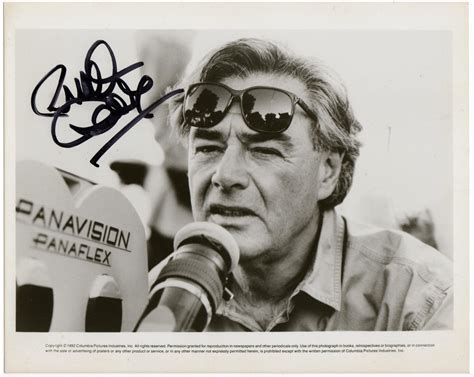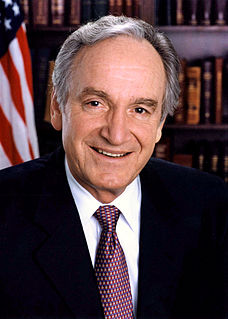A Quote by Jon Meacham
I believe that my children, who are young, will look back on the early years of the 21st century in rather the same way I look back on the middle of the 20th: as a time when seemingly respectable people supported discrimination against Americans simply because those Americans were different from themselves.
Related Quotes
We have seen a man dragged to death in Texas simply because he was black. A young man murdered in Wyoming simply because he was gay. In the last year alone, we've seen the shootings of African Americans, Asian Americans, and Jewish children simply because of who they were. This is not the American way. We must draw the line. Without delay, we must pass the Hate Crimes Prevention Act and the Employment Non-Discrimination Act. And we should reauthorize the Violence Against Women Act.
I think our children will be living on floating cities, and they will look back on the 20th Century, when people lived in primitive governments founded in previous centuries, and they will be living on modular, sustainable, floating cities that we can't imagine now, that are based on the voluntary choice of citizens. I think we will have a marvellous world in the 21st Century.
I think certain periods of history don't get dealt with because I think historians, and it's their job, but they look back and look for patterns. They look for sequences and they look for reasons, and certain periods of history don't fit with the general pattern of 1500 to the 20th century, during which there's the creation of the United States. At this time of 1814, two nations who would eventually become close allies were at war with each other, so it doesn't quite fit.
It is long past time to eliminate bigotry in the workplace and to ensure equal opportunity for all Americans. It is time to make clear that lesbian, gay, bisexual, and transgender Americans are first class citizens. They are full and welcome members of our American family and they deserve the same civil rights protections as all other Americans. It is time for us to prohibit discrimination based on sexual orientation and gender identity. Such discrimination is wrong and should not be tolerated.
I did a lot of work with early 20th century attitudes, the kind of superficial notions and behavior that prompt people who don't know history very well to think that "people were different back then" - but beneath all that are characters who react in ways that we can all recognize, and will always be able to recognize.



































